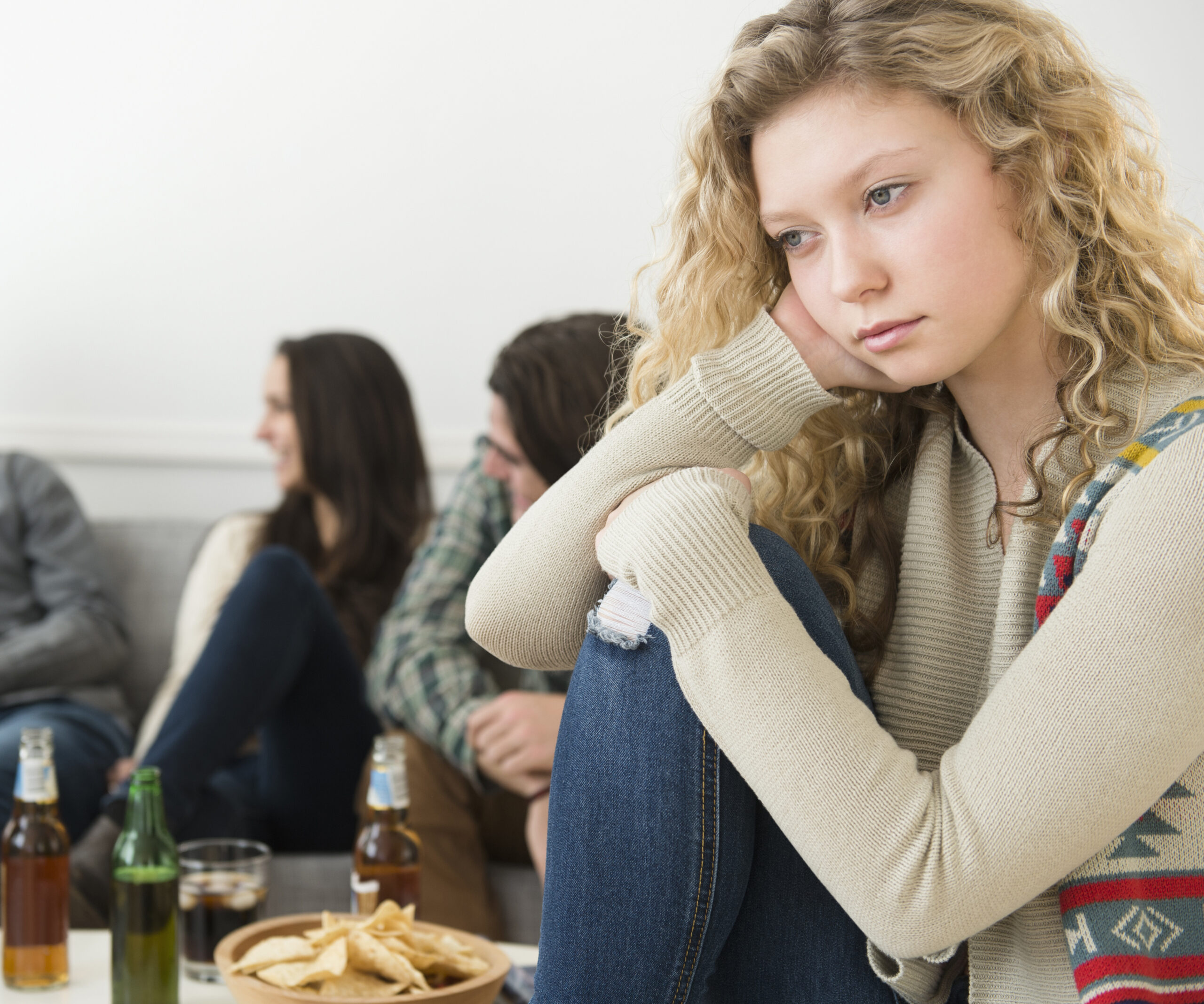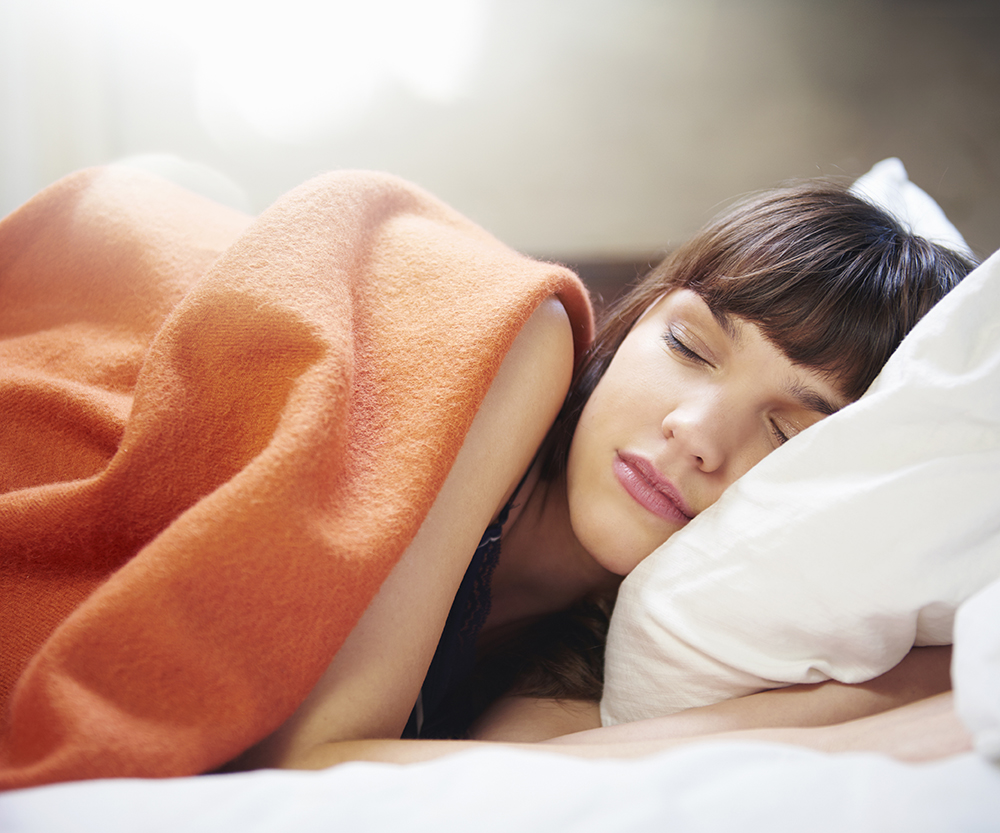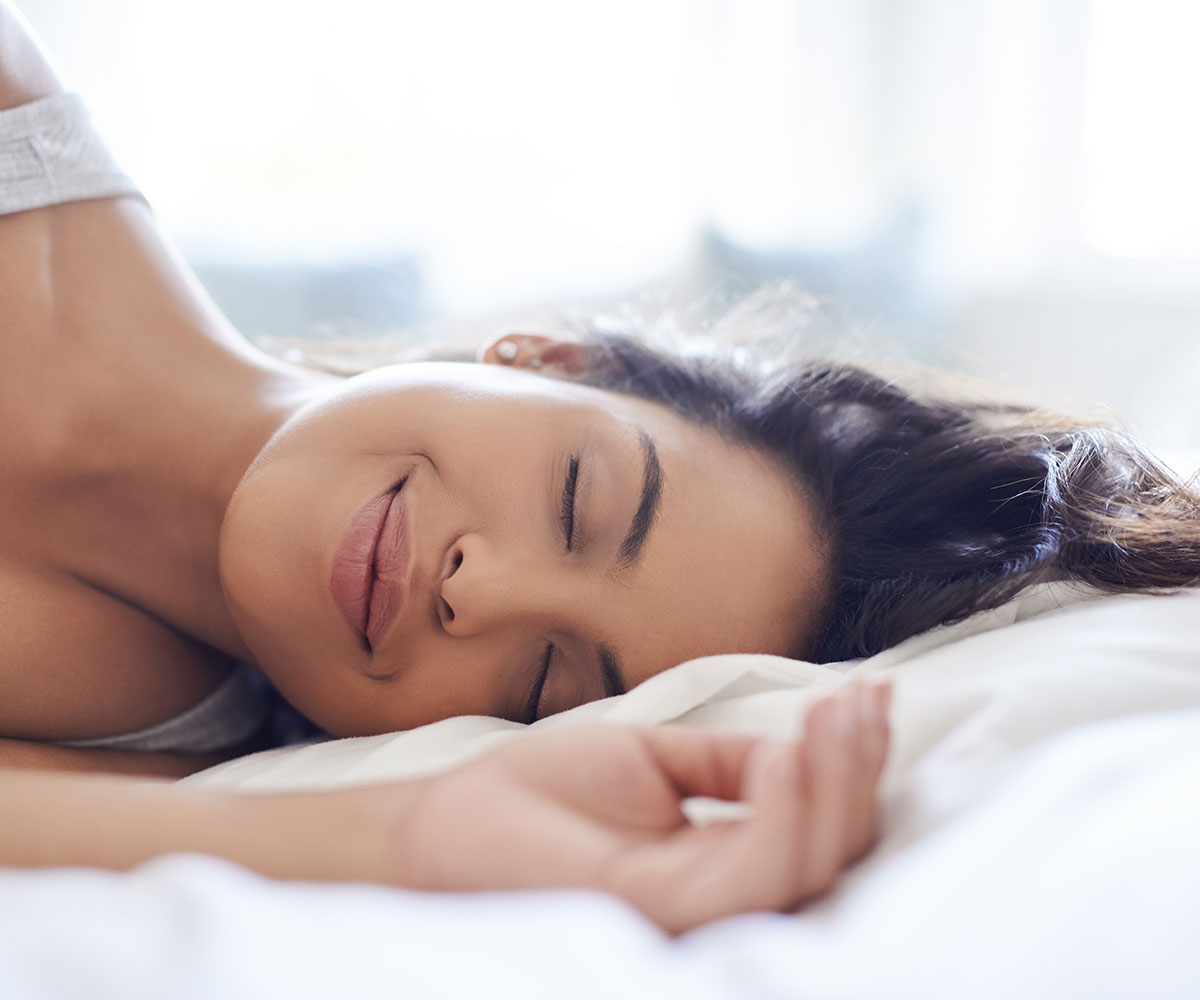Days when we haven’t had much sleep are always difficult to get through, it can affect how well we do things and our general mood – all you can seem to think about is getting back home to jump into bed for some precious z’s.
Sleep deprivation has long been linked to a host of different mental and physical problems including depression, diabetes and impaired cognitive function but now, research has shown that it can also have another effect: social isolation.

Research has found not only does lack of sleep affect the individual negatively, but it can also affect those around them. (Image: Getty)
According to a three-part study conducted at the University of California, Berkeley and published in the journal Nature, researchers have found that not only are those who experience sleep loss less eager to interact with people, but results show sleep-deprived people tend to come across as socially unappealing to others as well.
Senior author of the study, Professor Matthew Walker says, “We humans are a social species. Yet sleep deprivation can turn us into social lepers.”
“The less sleep you get, the less you want to socially interact.
“In turn, other people perceive you as more socially repulsive, further increasing the grave social isolation of sleep loss.
“That vicious cycle may be a significant contributing factor to the public health crisis that is loneliness,” Professor Walker adds.
In the first part of the study, researchers observed 18 healthy adults, half of which were told to have a normal amount of sleep and half told to stay up the whole night.
The following day, the researchers monitored the participants’ brain activity as they were shown videos of a person walking towards them on a screen.
The participants were told to stop the video when they felt the on-screen person was getting too close, allowing the researchers to assess the participant’s level of comfort of social proximity.
The brain scans revealed that sleep-deprived people were likely to stop the video to keep the walker 18 to 60 per cent further back than their well-rested peers and that there was a heightened amount of activity the area of the brain that lights up when we think that we’re perceiving a threatening human presence.

Brain scans found participants who lacked sleep were more likely to be uncomfortable with close social proximity, with their brain telling them it is as a threat. (Image: Getty)
These results, paired with the findings that sleep-deprived participants had lower levels activity the area of the brain that normally assesses emotions and intent in the self and others, suggests that sleep loss impairs a person’s ability to correctly assess social situations, making the person more likely to withdraw from social situations.
The study’s lead author Eti Ben Simon says, “It’s perhaps no coincidence that the past few decades have seen a marked increase in loneliness and an equally dramatic decrease in sleep duration.
“Without sufficient sleep, we become a social turn-off, and loneliness soon kicks in.”
In the subsequent part of the study the researchers wanted to know how other people perceived someone who was sleep deprived.
The researchers asked 1033 participants to watch videos of sleep deprived people discussing a series of simple topics and rating them on how lonely they looked and whether they would be interested in interacting with them.
Interestingly, the observers said after watching the video they felt more isolated, which the researchers suggest could mean loneliness may be contagious.
In the final part of the study, participants were asked to fill out standardised surveys assessing their own state of wellbeing about just one night of poor sleep.
The survey confirmed that people who missed out on a good night’s sleep were more likely to feel lonely and unsociable the next day.
“On a positive note, just one night of good sleep makes you feel more outgoing and socially confident, and furthermore, will attract others to you,” says Professor Walker.
However he adds that if a person continually sleeps poorly, this may unsurprisingly severely affect their social life and emotional health.


